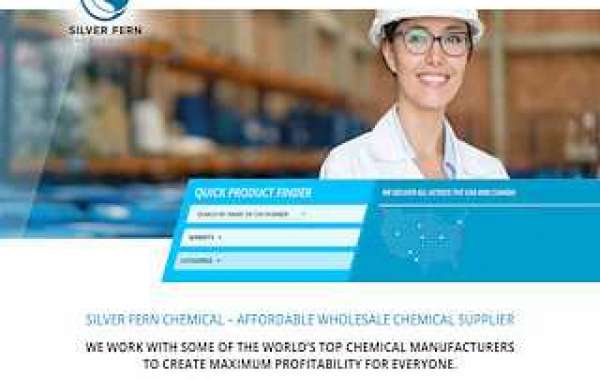Alkyl polyglucoside is an organic surfactant used in various industries from food, homecare, cosmetics to personal hygiene, and more. Since it is an organic substance, its popularity is growing significantly as more and more consumers become aware of the hazards posed by using inorganic surfactants. In line with this, you might be wondering where alkyl polyglucosides are used. Here’s a rundown of what alkyl polyglucosides are and where they are utilized.
What are Alkyl Polyglucosides?
Alkyl polyglucoside (APG) is a non-ionic surfactant made by combining a sugar such as glucose and a fatty alcohol at high temperatures in the presence of an acidic catalyst. A surfactant such as APG is a compound that lowers the surface tension between 2 liquids, a gas and liquid, or even between a liquid and a solid. APG and other surfactants can act as wetting agents, emulsifiers, foaming agents, detergents, dispersants, and more; however, unlike the rest, these polyglucosides are organic since they are derived from plant sugars such as scratch. They are made from renewable materials, are non-toxic, and readily biodegradable.
Applications of Alkyl Polyglucoside
Alkyl polyglucosides are used as ingredients in making various products such as:
Home care
Due to its non-toxic, non-irritating nature, foaming ability, and superior surface activity, APG’s is used in making home care products such as dishwashing liquids, cleaners, detergents, etc. it is an active ingredient in many detergents, and when its mixed with phosphoric acid, oxalic acid, and sodium carbonate it makes detergents use to clean vehicles and industrial machines. It also helps prevent the oxidation of metallic parts due to water or acid corrosion.
Personal care and cosmetics
Alkyl polyglucoside’s dermatological, toxicological, mildness, and high compatibility to skin make it superior to all other existing surfactants used in making cosmetic and personal care products. For instance, its great foaming performance makes it a key ingredient in making makeup remover, soap, shaving creams, and more. Its mildness ensures that the personal care and cosmetic products don’t irritate your skin when applied, making it great for sensitive skin. APG also has antibacterial and antifungal properties that make it ideal for making things such as toothpaste.
Agricultural products
APG’s wetting property makes it ideal as an adjuvant in insecticides and pesticides as they help boost the spreading and uptake of these products. Since it is organic and biodegradable, it is ecologically safe and won’t strip the land of its nutrients or contaminate runoff water.
Other applications
Its foaming ability makes it a great addition in making fire suppression products as a foaming agent. It is used in papermaking to help make the paper softer. Alkyl polyglucoside can also be used as a gel, wetting agent, lubricant, and even in the recovery of heavy oil at high temperature and high salinity conditions. This means it can help make heavy oils less vicus and improve their mobility so they can be harvested.
With so many industrial applications, this biosurfactant is at the forefront of product diversification as more industries embrace going green. As such, the industrial demand for alkyl polyglucoside is only set to increase in the coming years







